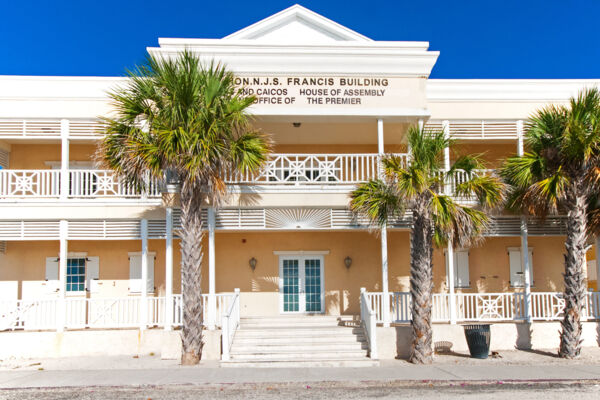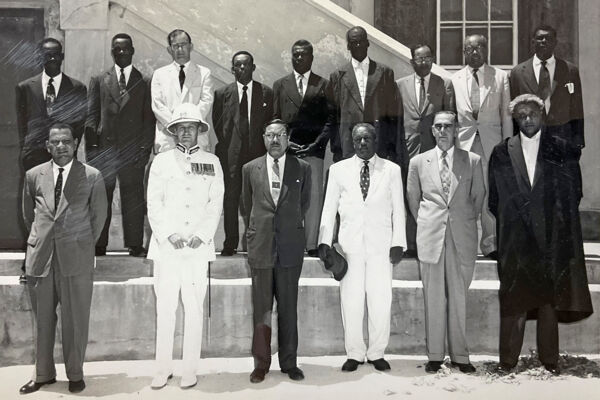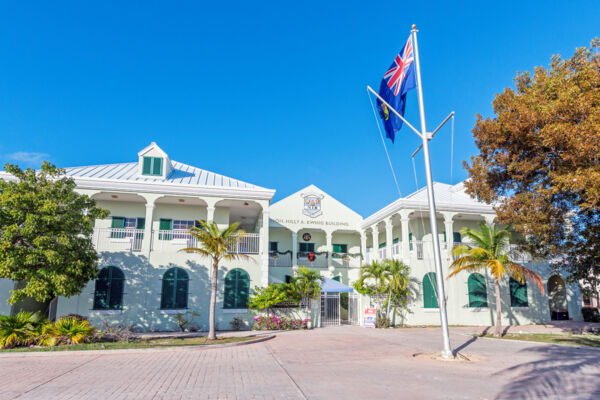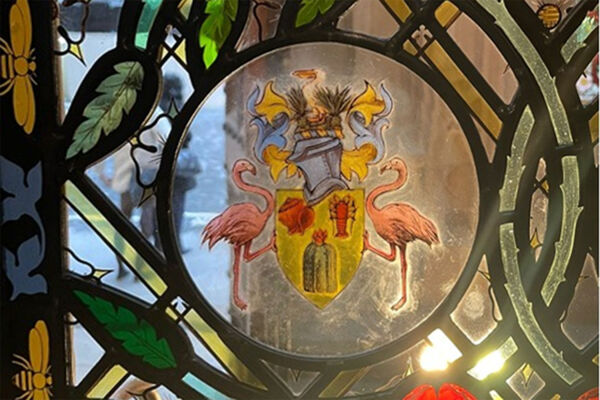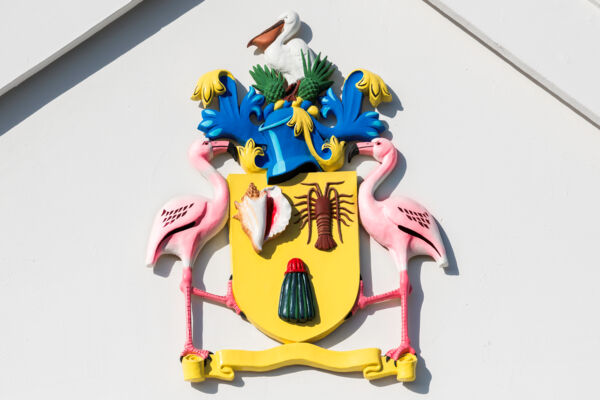About the Turks and Caicos Government
The Turks and Caicos Islands is a British Overseas Territory country in the tropical Atlantic, located 575 miles (925 km) southeast of Miami, Florida, USA, and 75 miles (120 km) north of the Dominican Republic. The country consists of two island groups, the Caicos Islands, which include West Caicos, Providenciales, North Caicos, Middle Caicos, East Caicos, and South Caicos, and the Turks Islands of Grand Turk and Salt Cay. The population is 47,720 (2022 estimate), with the last census in 2012 reporting 31,458 persons.
Government
The Turks and Caicos is not a sovereign country, yet is an overseas territory of the United Kingdom. Despite commonly being referred to as a ‘colony' of the United Kingdom, the Turks and Caicos is not. The country is self-governed internally by a locally elected government, and British citizens are not able to move freely to the islands, and are largely treated as any other foreign national with regard to immigration law. Our status as a British Overseas Territory means that we don’t have a seat in the United Nations, our own Olympic team, or the ability to issue our own passports. Defense and external affairs are the responsibility of the United Kingdom Government.
King Charles III is the head of state, and is represented locally by an appointed governor (usually for a four-year term but it varies).
The head of government is the locally elected Premier (previously titled Chief Minister), who is elected for a four-year term.
Two main political parties exist, the People’s Democratic Movement (PDM) and the People’s National Party (PNP). A third party, the People Progressive Party (PPP) was formed to contest the November 2012 elections. The PPP did not win any seats and was disbanded.
Governmental System
The Turks and Caicos Islands is a British Overseas Territory, and its system of government would be classed as a constitutional monarchy.
The functioning of government is similar to that of the United Kingdom, with a major difference being that our parliament (House of Assembly) consists of only one chamber (unicameral), and not an upper and lower house as in the UK and the US.
Parliament consists of 19 members, of which 15 are voted democratically. 10 of these are voted in a traditional constituency, and 5 are ‘all-island' candidates, of which every voter has the option to elect. Of the remaining 4 members who are not elected, the Governor appoints two, and the Premier and Leader of the Opposition each appoint one.
The Government is divided into seven ministries:
- Ministry of Finance, Trade and Investment
- Ministry of Tourism, Environment, Heritage, Maritime and Gaming
- Ministry of Infrastructure, Housing and Planning
- Ministry of Immigration, Citizenship, Labour
- Ministry of Home Affairs, Transportation and Communication
- Ministry of Education, Youth, Culture and Library Services
- Ministry of Health, Agriculture, Food Services and Sports
In addition to the Government ministries, a number of independent and statutory bodies exist (such as the Financial Services Commission and Invest Turks and Caicos).
Independence
Both political parties have at some point stated independence to be a goal. Independence was previously agreed for 1982, but the failure of the PDM to win the election caused a policy reversal, and a suspension of the constitution in 1986 because of government corruption caused the independence movement to fade. The independence movement has been revitalized following the British interim administration from 2009 to 2012.
The Turks and Caicos and the European Union
Nearly all of the 42.5% voting population hold British Citizenship (or are able to claim British Citizenship under the British Overseas Territories Act of 2002) in addition to British Overseas Territory Citizenship and local Turks and Caicos Islander status. Thus, prior to Brexit, they were full European Union citizens, with the right to live and work anywhere in the bloc. However, this was not a reciprocal right.
The Turks and Caicos was regarded as an Overseas Country or Territory (OCT), and enjoyed a special status. Mostly, this was a one-way set of privileges concerning free trade and customs duties (parent countries can’t impose duties or restrictions on trade from their OCTs). In addition, sections from Euratom (European Atomic Energy Community) and the ECHR (European Convention on Human Rights) apply, but none of the other policies, laws, and directives are applicable.
The European Union provided funding for a variety of projects throughout the islands, such as visitor centers at Little Water Cay (Iguana Island) and Cheshire Hall Plantation, and the majority of the funding for the North and Middle Caicos Causeway.

